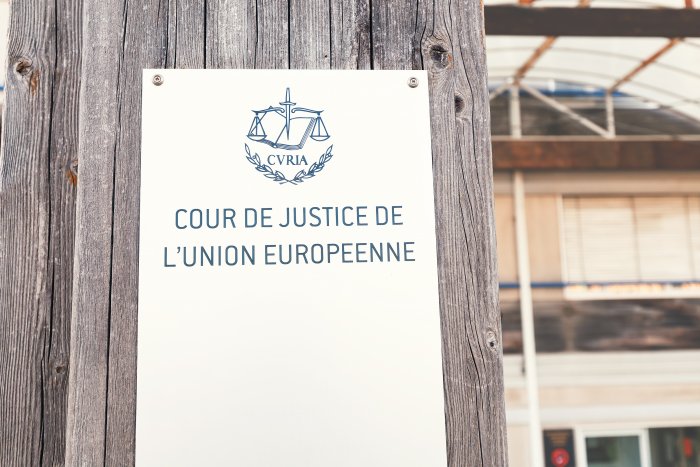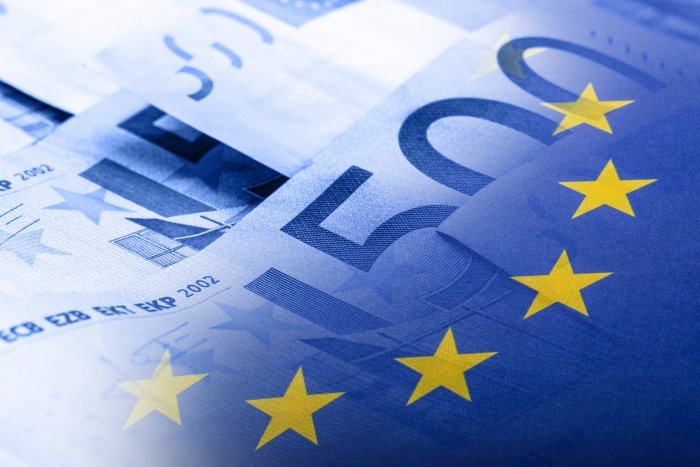EU to strengthen chemical controls, prompting industry protests

The European Parliament will tighten rules on the use of chemicals in goods from shirts to mobile phones, sparking industry warnings of new trade barriers as Europe extends a push to set worldwide environmental standards.
The European Union assembly will vote tomorrow to make manufacturers and importers register chemicals in the EU's $800 billion market. Producers must also test substances under the law, one of the biggest-ever pieces of EU legislation. “It's legislation that nobody can escape from,” said Philippe de Buck, secretary general of European employers federation Unice in Brussels. “It interferes in the manufacturing process for products across the board and affects millions of companies.” The draft law reflects Europe's safety-first approach to products such as genetically modified foods, which the EU restricts through an approval process that can take years. It also highlights EU efforts to lead on environmental protection, as the 25-nation bloc has done with caps on factory pollution blamed for global warming. The EU says greater regulation of chemicals can curb diseases such as allergies, respiratory infections and bladder cancer. Tougher standards will prevent as many as 4,500 deaths a year at a cost of as much as €5.2 billion ($6.9 billion) to producers and users over 15 years, EU regulators said when they proposed the legislation in 2003.
The package shifts the burden of proof to companies. Under the current system, only about a third of 140 potentially high- risk substances on the market before 1981 underwent full assessments and 70% of newer, high-volume chemicals tested proved to be dangerous, according to the European Commission. “We haven't had enough data to assess the risks of chemicals,” said Laura Degallaix, environmental officer at the European Consumers' Organization. “Now we will at least have a basis for tackling health problems and being able to regulate substances.” European chemical companies have spent the last three years fighting the draft law, saying it threatens their one-third share of the global market with extra bureaucracy and costs. More industries including mining and metals have joined the fray, complaining the law would burden them by treating their raw materials, including ores and concentrates, as chemicals.
“This could be very detrimental to the competitiveness of the metals industry,” said Guy Thiran, secretary general of producer group Eurometaux. “It makes it more difficult to export ores and concentrates to Europe. It's another signal given to the business to say: “Let's invest outside Europe.”” The law will compel businesses such as Germany's BASF AG, the world's largest chemical company, to register about 30% of the 100,000 chemicals used in Europe with a new agency over 11 years. All chemicals produced or imported in volumes of more than one metric ton a year will be covered. Companies will also have to test chemicals and win authorization for the most toxic substances, numbering around 1,500 under the legislation. Permission to use the most hazardous chemicals will require outlining plans to phase them out and develop safer substitutes. The chemical industry says lawmakers are going too far by pressing for substitution even when a company can show “adequate control” of the risks.
“This is totally unnecessary, burdensome and costly,” said Alain Perroy, director general of the European Chemical Industry Council in Brussels. “That's not good for business.” Industry objections have prompted criticisms of the draft EU rules from the governments of exporting countries including the US, Australia, South Africa and Chile, which say the legislation risks hurting global trade. The US may file a complaint to the WTO should the new legislation put foreign companies at a disadvantage, Boyden Gray, US ambassador to the EU, said in October. The planned rules for authorizing the most toxic substance are a compromise between the EU Parliament and national governments, which agreed on the other main elements of the draft law last year. Negotiators for both sides reached the compromise almost two weeks ago. EU lawmakers had wanted a requirement that authorizations be renewed every five years, a demand linked to a call for the substitution of the most hazardous substances with safer ones. EU governments opposed the renewal obligation and wanted looser requirements for substitution.
Environmental organizations said the compromise, endorsed by the Parliament's main political groups, is too lax. “Some chemicals of very high concern, including cancer- causing chemicals, will be allowed to stay on the market,” said Ninja Reineke, toxics officer at WWF in Brussels. “The notion of adequate control isn't good enough. It assumes there are safe levels when often there aren't and it looks only at individual chemicals rather than the cocktail of substances that people and wildlife are exposed to.” The Parliament vote tomorrow will be followed by a final approval from national governments -- a formality after the compromise by negotiators. (Bloomberg)
SUPPORT THE BUDAPEST BUSINESS JOURNAL
Producing journalism that is worthy of the name is a costly business. For 27 years, the publishers, editors and reporters of the Budapest Business Journal have striven to bring you business news that works, information that you can trust, that is factual, accurate and presented without fear or favor.
Newspaper organizations across the globe have struggled to find a business model that allows them to continue to excel, without compromising their ability to perform. Most recently, some have experimented with the idea of involving their most important stakeholders, their readers.
We would like to offer that same opportunity to our readers. We would like to invite you to help us deliver the quality business journalism you require. Hit our Support the BBJ button and you can choose the how much and how often you send us your contributions.








